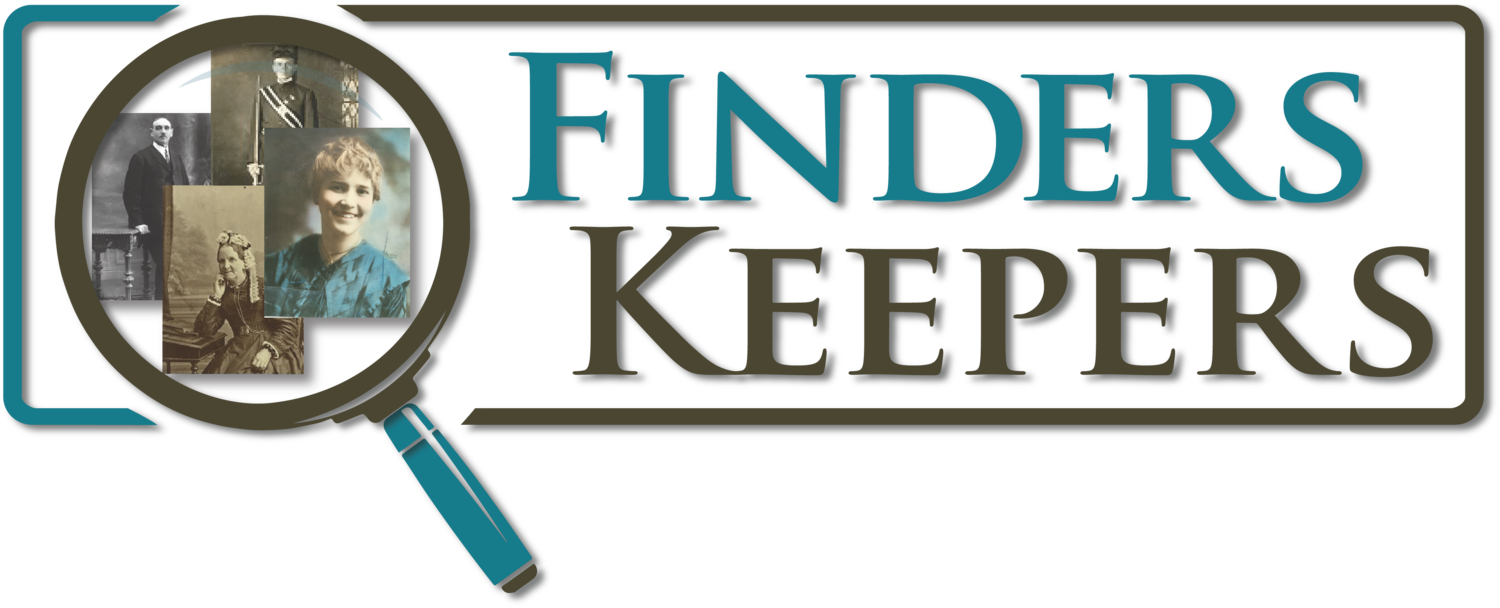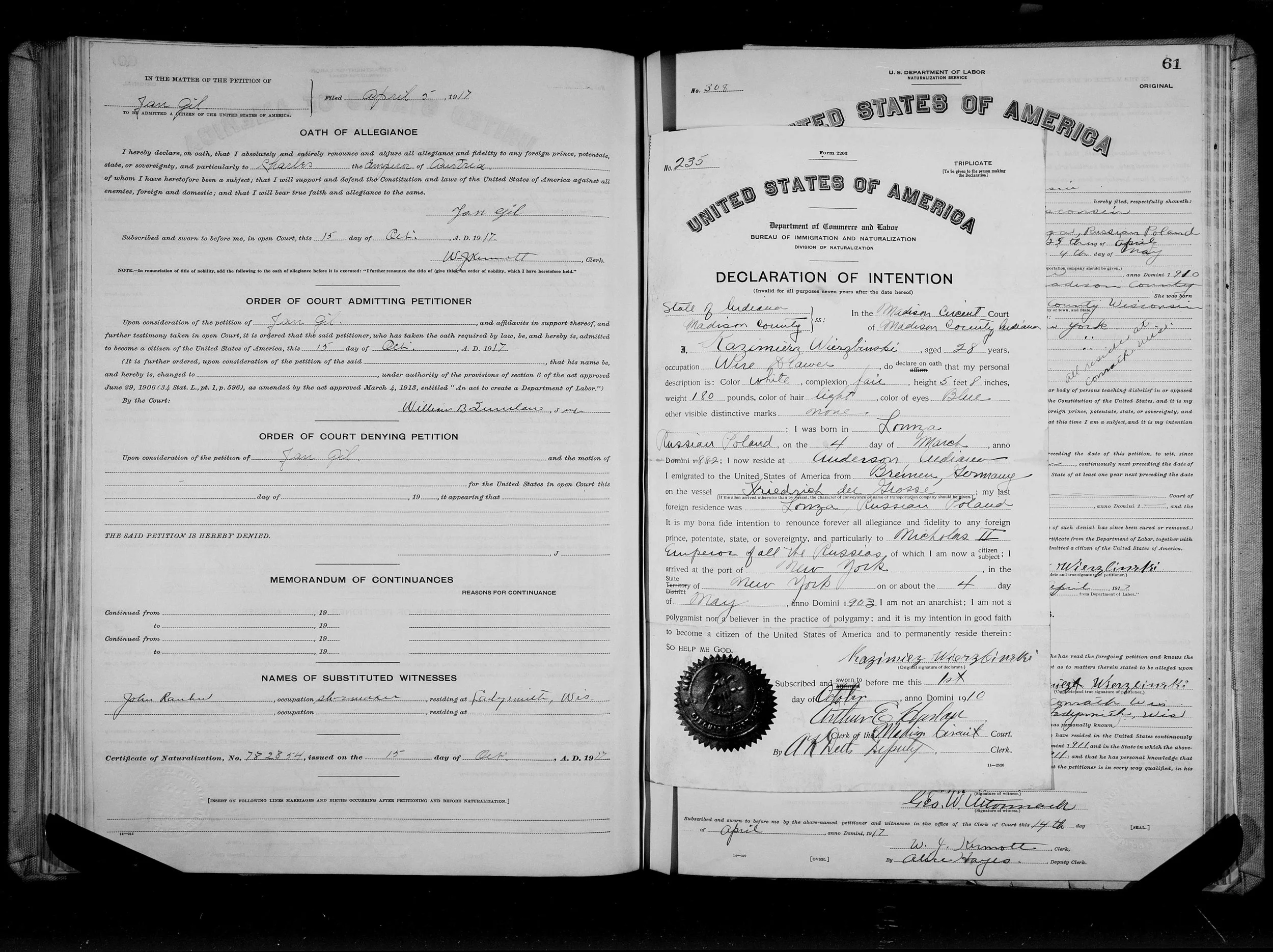Here are a few questions to get you thinking about your experiences with the COVID-19 pandemic. This is your history and writings of your individual experiences.
Celebrations and events, if they occur, are far different with COVID-19; I have missed a niece’s graduation, a friend’s son is live streaming his wedding in June, and a 5 day camp with 100 teenage girls I was planning is not happening as we had originally planned with actual human contact.
What events have occurred in your life during the pandemic?
How have you celebrated milestones? (birthdays, graduations, anniversaries, weddings, etc.)
Have you continued with any major plans?
How have the changes impacted the financial impact of celebrations (i.e. a friend lost all of the money she pre-paid for catering for a wedding)?










